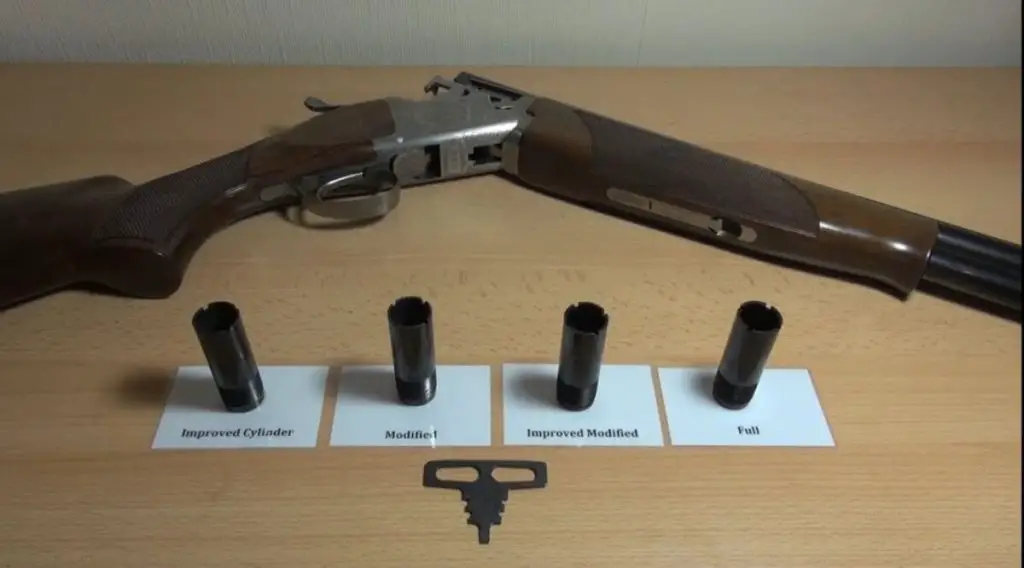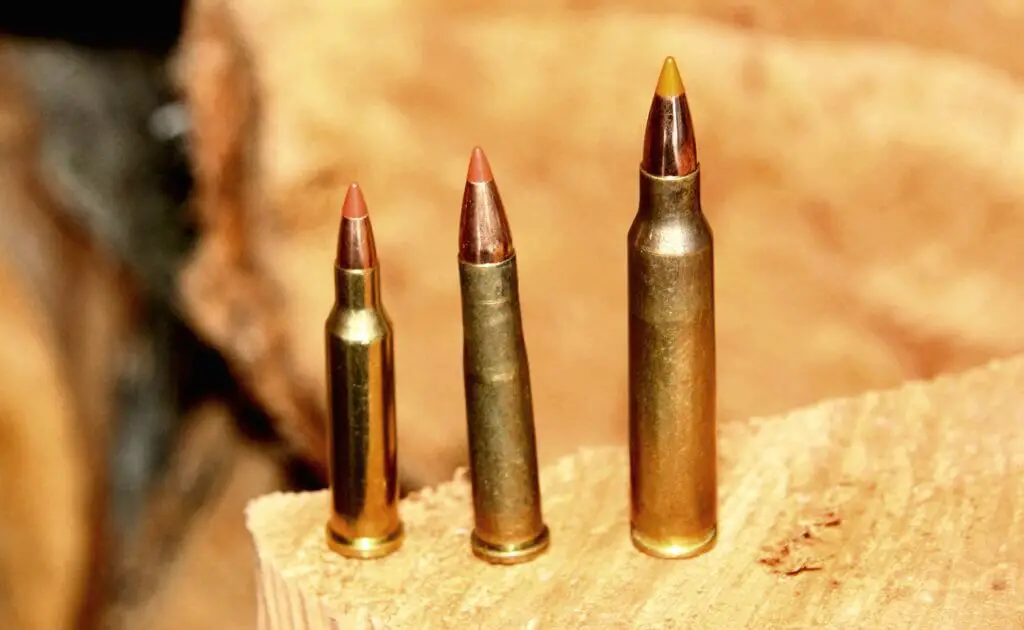The Glock 32 Gen 4, a popular firearm used by both gun enthusiasts and professional law enforcement, is known for its reliability and its versatility. However, like any piece of machinery, it comes with its share of difficulties that can hinder proper function. While the issues may not be widespread, they are significant and it’s important to understand them.
Glock 32 Gen 4: General Information
The Glock 32 Gen 4 is a firearm with a 4.02 inch barrel and a polymer frame. Most people prefer this handgun due to its size, lightweight nature, and impressive stopping power. However, it is not without issues, some of which have been frequently reported.
Primary Problems with Glock 32 Gen 4
Recoil Spring Issue
One of the prevalent problems is the Glock 32’s recoil spring assembly. This component has been reported to malfunction and break after a thousand rounds or so. It’s imperative to keep an eye out if you start to notice the pistol acting differently after a substantial amount of use. A broken recoil spring can cause stoppages and other malfunctions in the firearm.
Extraction Issues
While not as common, some Glock 32 Gen 4 owners have reported extraction issues. This issue occurs when the casing of a shot does not properly eject from the gun. Not only will this interrupt the cycle of operation, but it also poses a potential risk to the user, as the casing could hit them. This problem often occurs due to weak ejection tension or faulty extractor mechanism.
Unreliable Stock Sights
The Glock 32 Gen 4 comes with standard Glock polymer sights. While these sights function well for typical shooting scenarios, they can pose problems during high-stress situations. Some users have found that the stock sights offer a slightly skewed point of aim, making precision shooting problematic.
Addressing Glock 32 Gen 4 Problems: Detailed Guide
Solution for Recoil Spring Issue
- First, ensure that the gun is unloaded.
- Disassemble the pistol, paying close attention to the recoil spring.
- Examine the recoil spring, looking for signs of wear, deformation, or breakage.
- If the spring is damaged, replacement is necessary. It is advisable to carry a spare spring and replace this part every 1500-2500 rounds to avoid any future mishaps.
Fixing Extraction Issues
- As always, first ensure that the firearm is properly unloaded and disassembled.
- Inspect the extractor for any obvious signs of wear or damage.
- If damage is found, replace the extractor promptly.
- If no damage is found, consider a stiffer ejector spring for a stronger ejection force. This can help improve the reliability of the extraction process.
Upgrading Stock Sights
- First, you need to decide what type of sights best fit your needs. This can include fiber optic sights, night sights, or red dot sights.
- Next, remove the stock sights. This is often done using a sight pusher tool.
- Attach the new sights as per the manufacturer’s instructions.
- Verify that the sights are properly aligned and secure before proceeding with further shooting activities.
Keeping Your Glock 32 Gen 4 in Proper Condition
The Glock 32 Gen 4 is a robust and dependable firearm, any issues that arise can often be fixed with the correct knowledge and parts. Always remember, regular inspection and maintenance can help you spot possible problems before they become bothersome. Like with any piece of machinery, treating it with care and understanding will allow you to get the most out of your Glock 32 Gen 4.
Frequently Asked Questions
1. Why don’t people like Gen 4 Glocks?
Several factors contribute to why some people may not prefer Gen 4 Glocks. Some common complaints include a rough grip texture, larger grip size, and a less versatile magazine release. Additionally, early Gen 4 models had occasional issues with extraction and ejection.
2. Does the Glock 32 have a lot of recoil?
The amount of recoil experienced with the Glock 32 will vary depending on factors such as the ammunition used, shooter experience, and personal preference. However, the Glock 32 chambered in .357 SIG typically exhibits moderate recoil due to the higher velocity of the round compared to other Glock models chambered in less powerful calibers.
3. Are Gen 4 Glocks being discontinued?
No, Gen 4 Glocks have not been discontinued. While Glock has introduced subsequent generations such as the Gen 5, it doesn’t mean that Gen 4 models are no longer available or supported. Gen 4 Glocks continue to be popular among shooters and are widely available for purchase.
4. What issues do Glocks have?
Glocks are generally reliable firearms, but like any mechanical device, they can occasionally encounter issues. Some common issues reported by Glock owners include failure to extract or eject spent casings, failure to feed ammunition properly, and occasional trigger reset problems. However, it’s important to note that such issues are relatively infrequent and can often be easily resolved or mitigated.
5. Are Gen 4 Glocks less reliable than previous generations?
In terms of reliability, Gen 4 Glocks are comparable to previous generations. While early Gen 4 models had some minor teething problems related to extraction and ejection, these issues were often resolved with revisions and improvements made by Glock. Modern Gen 4 Glocks are generally reliable and trusted by many shooters.
6. Can I use Gen 3 magazines in a Gen 4 Glock?
Yes, Gen 3 magazines are compatible with Gen 4 Glocks. However, it’s important to note that using Gen 3 magazines in a Gen 4 Glock may result in a slightly looser fit due to differences in magazine design, specifically concerning the magazine catch notch. It’s recommended to use Gen 4 magazines for optimal compatibility and reliability.
7. How can I resolve extraction issues with my Gen 4 Glock?
If you’re experiencing extraction issues with your Gen 4 Glock, there are a few potential solutions. Firstly, ensure that the recoil spring assembly and extractor are properly installed and in good condition. It may also help to try different ammunition brands or loads to rule out any potential cartridge-related issues. Consider seeking assistance from a qualified firearms instructor or Glock-certified armorer if the problem persists.
8. Can I modify the grip texture of my Gen 4 Glock?
Yes, the grip texture of a Gen 4 Glock can be modified. Various aftermarket options, such as grip overlays, grip sleeves, or stippling services, allow shooters to customize the grip texture to their preference. It’s important to note that modifying the grip texture may affect the warranty coverage offered by Glock and should be done by professionals or experienced individuals.
9. Are Gen 4 Glocks suitable for individuals with smaller hands?
Generally, individuals with smaller hands may find the larger grip size of the Gen 4 Glocks uncomfortable or challenging to handle. However, Glock offers interchangeable backstraps that can be used to adjust the grip size to accommodate different hand sizes. It’s recommended to try different backstrap options or consider other Glock models with smaller frame sizes, such as the Glock 19 or Glock 26.
10. Are there any specific maintenance requirements for Gen 4 Glocks?
Maintaining a Gen 4 Glock involves routine cleaning and inspection, similar to any firearm. It’s advisable to follow Glock’s recommended maintenance guidelines outlined in the user manual. Regularly cleaning the slide, barrel, and magazine, as well as lubricating key components, will help ensure optimal performance and longevity. Additionally, inspecting and replacing wearing parts, such as recoil springs, as needed is important for continued reliability.
- How to Put a Scope on a Mosin Infantry in Tarkov: A Quick Guide - November 7, 2024
- How to Edit a Scope Box in Revit: A Step-by-Step Guide - November 6, 2024
- How to Put a Scope on Mosin Tarkov: Expert Tips for Gamers - November 6, 2024


